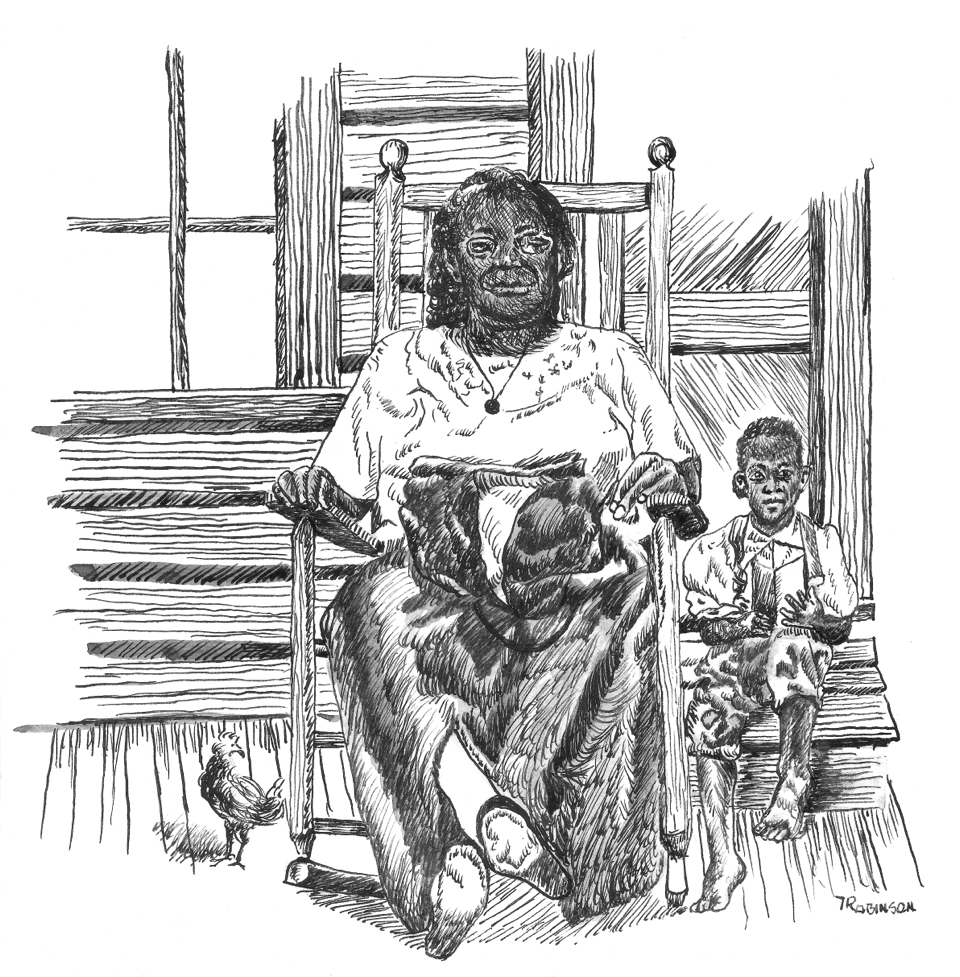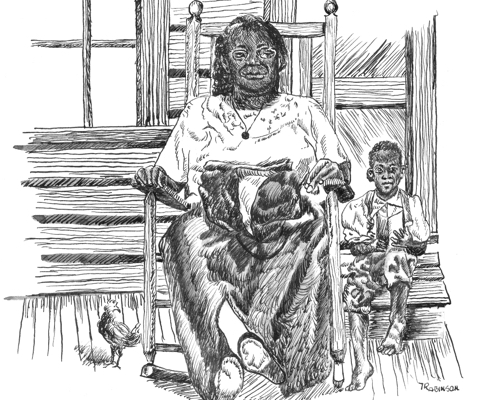Jan. 10, 2015
Do you ever get the feeling of déjà vu? That you have been somewhere before or that what you are asked to experience has been experienced in the past? That’s exactly how I feel after reading about two local initiatives.
Leaders have been named for a study to help Mecklenburg County leaders isolate the actions they could take to address why Mecklenburg’s lowest-income families have such difficulty escaping poverty.
A separate foundation-sponsored movement is in the works to tackle why more children are not reading proficiently by third grade.
 In coming days, most thoughtful adults will look at these two initiatives and immediately respond that the blindfolded people are in the room with the elephant again, each touching a different part of the beast. The public has reason to worry that these two efforts, under the control of very different players, will run aground in part because they will run separately, not in tandem, with no clear unified end goal.
In coming days, most thoughtful adults will look at these two initiatives and immediately respond that the blindfolded people are in the room with the elephant again, each touching a different part of the beast. The public has reason to worry that these two efforts, under the control of very different players, will run aground in part because they will run separately, not in tandem, with no clear unified end goal.
If history is any teacher, it is likely that one group will conclude that the “real” solutions lie in the other’s bailiwick. Example: Examinations of the reasons for poverty regularly point to the need for improved education; examinations of why Johnny can’t read often cite the deprivations of poverty. Neither point is mistaken.
Everybody wants to do something, of course, on issues that truly hobble Charlotte-Mecklenburg’s future. And everybody wants to be successful. On issues like education or poverty, the most obvious way to achieve success is to have a very clear and acceptable end vision and goal by all stakeholders. Example: What does elimination of poverty look like for Mecklenburg County? As you climb the ladder out of poverty, how close or far apart should the rungs on the ladder be? Exactly what should a first- or second-grader be able to decipher and read to be considered on track? Almost every school in Charlotte-Mecklenburg met their growth targets, but kids still can’t read. Why?
It would be a good start toward creating the public will to act on the intractability of poverty or the achievement of universal proficient reading by third grade if the individuals and groups that lead this community worked on these two issues together.
Another invaluable service toward achieving both goals would be to first identify the elephants in the room — What if one avenue to improved reading were seen only not as a pedagogical issue — more drill-and-kill exercises in class — but a living wage for the adults in these children’s lives, a wage that allowed children to remain in the same residence for more than one school year and an employment policy that allowed and encouraged school engagement. The City of Charlotte, County of Mecklenburg and Charlotte-Mecklenburg Schools could immediately raise their pay scales to provide a livable wage and be a model for private sector partners.
I spoke to two leaders of the reading initiative and came away from the conversations that this initiative is not ready to get off the ground. It reminded me of an old Ike Heard Jr. quote: “Charity is cheaper than justice.” Justice would be for this group, Project LIFT and all other similar education advocates to go to Raleigh and demand the education constitutional rights be made available to each student each school day under the North Carolina State Constitution as defined by the “Leandro” lawsuit in 1994. The reading initiative’s who’s who list of supporters would definitely be heard in Raleigh, if justice was truly the goal.
There is an old saying, If you don’t know your history, you’re doomed to repeat it. Let’s not repeat history. Our children’s future is too valuable to waste on another pipe dream.
There’s one lesson that I learned while serving the public. Most citizens in Mecklenburg County are very reasonable and want to tackle the persistent problems facing children. The community might be closer to a public consensus to tackle some of these problems if we took our blindfolds off while describing the elephant in the room.
Arthur Griffin, Jr.

